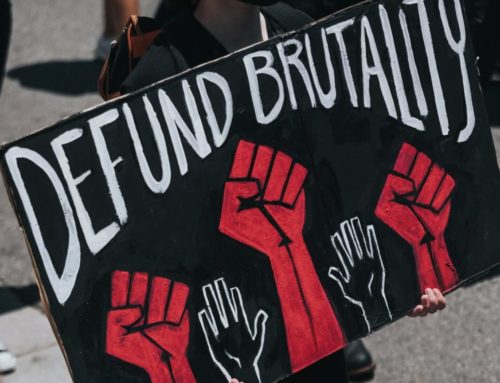By Emily Badger
Originally published on WashingtonPost.com, December 4, 2014.
In his very first address to Congress — in the speech where new presidents first detail their priorities for the nation — George W. Bush devoted a few moments to an unlikely topic: racial profiling.
“Too many of our citizens have cause to doubt our nation’s justice,” he said, “when the law points a finger of suspicion at groups instead of individuals.”
The issue had, in fact, played into the 2000 election. The national news was full of stories of doctors and lawyers and NFL players stopped for “driving while black,” in seemingly every state from California to Massachusetts. Both candidates that year were asked in a presidential debate if they would support a federal law banning racial profiling, and they said they would. Before Congress, Bush was unequivocal.
“Earlier today, I asked John Ashcroft, the attorney general, to develop specific recommendations to end racial profiling,” he announced. “It’s wrong, and we will end it in America.”
More than a decade later, with a rare moment of bipartisan momentum long past, Bush’s promise remains unfulfilled. Communities across the country still chafe at the profiling they perceive in state immigration laws that allow police to disproportionately challenge the status of Hispanics, insurveillance of local Muslim communities, and in statistics showing that blacks are still interrogated by police on the street at a far higher rate than other groups. Black drivers, nationwide, are twice as likely as whites to be arrested during a traffic stop.



